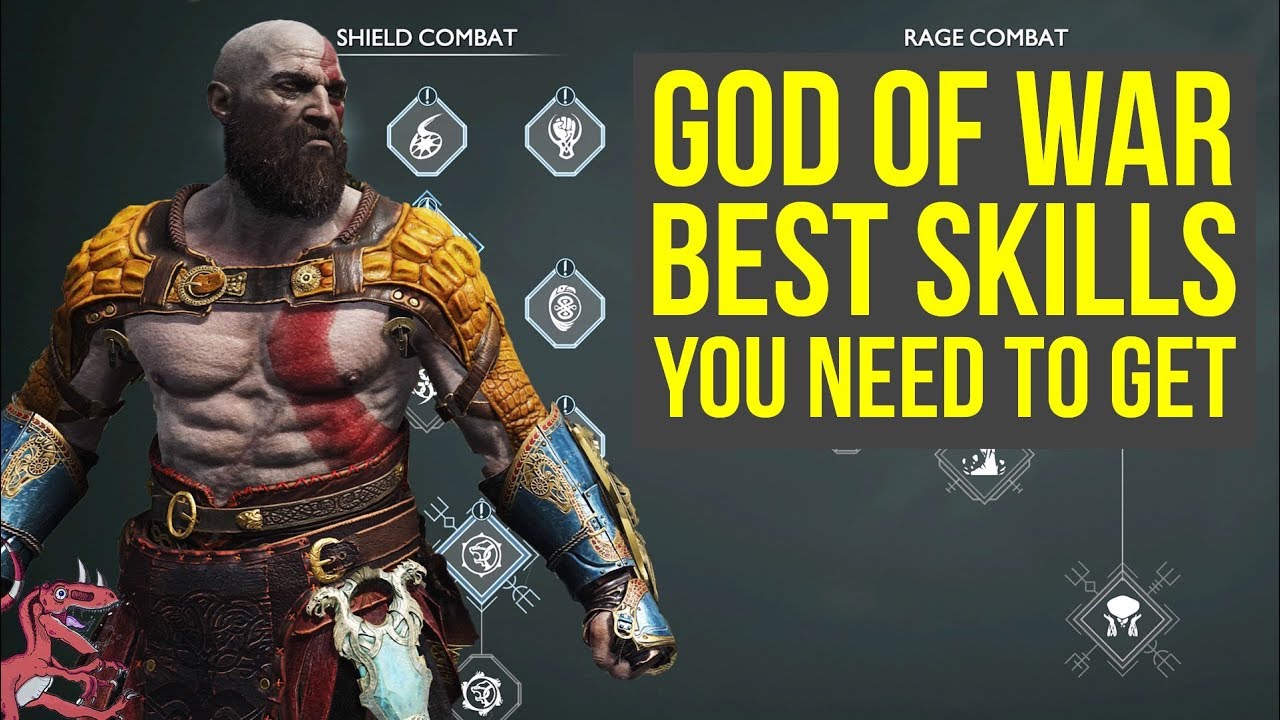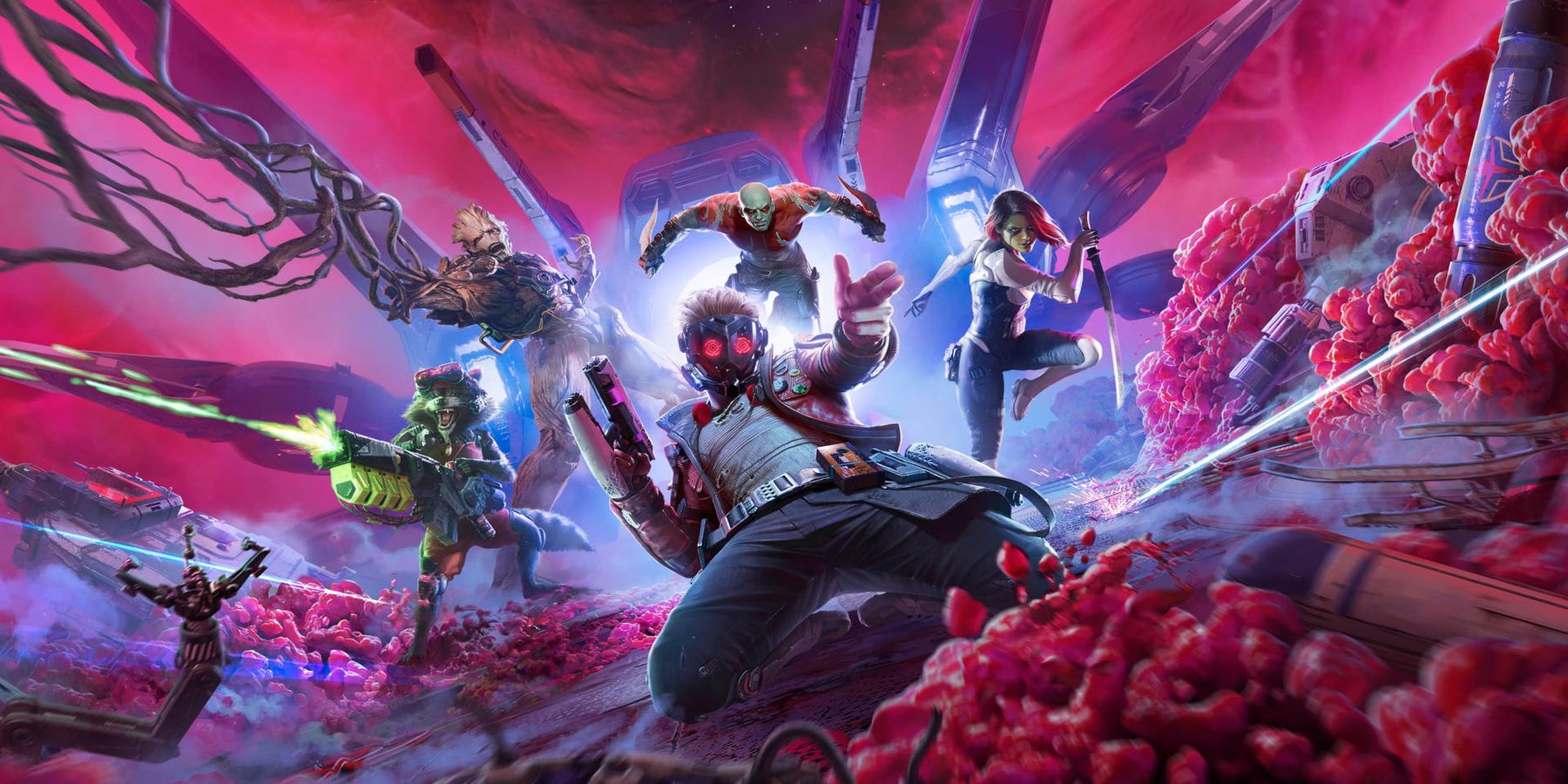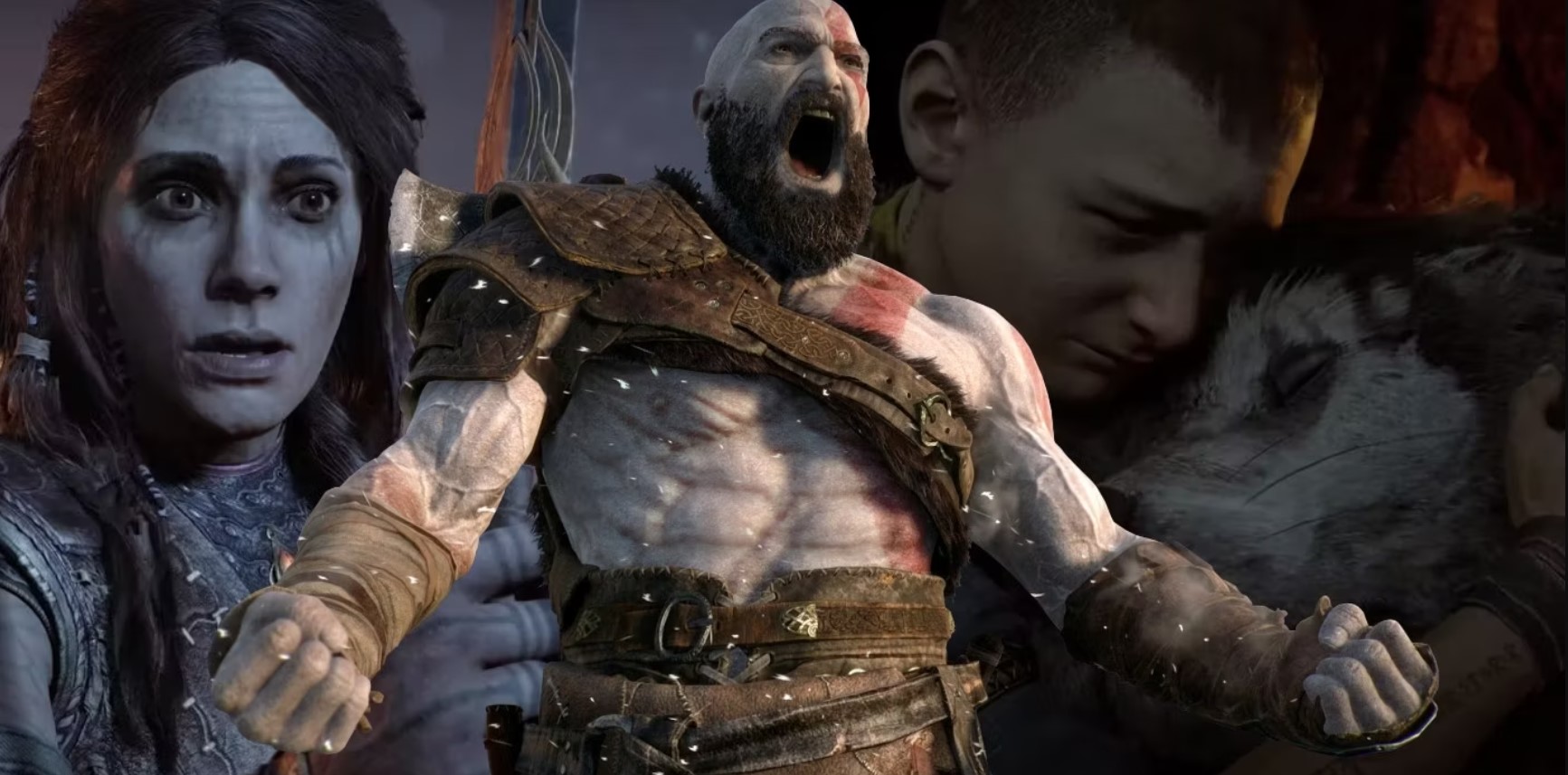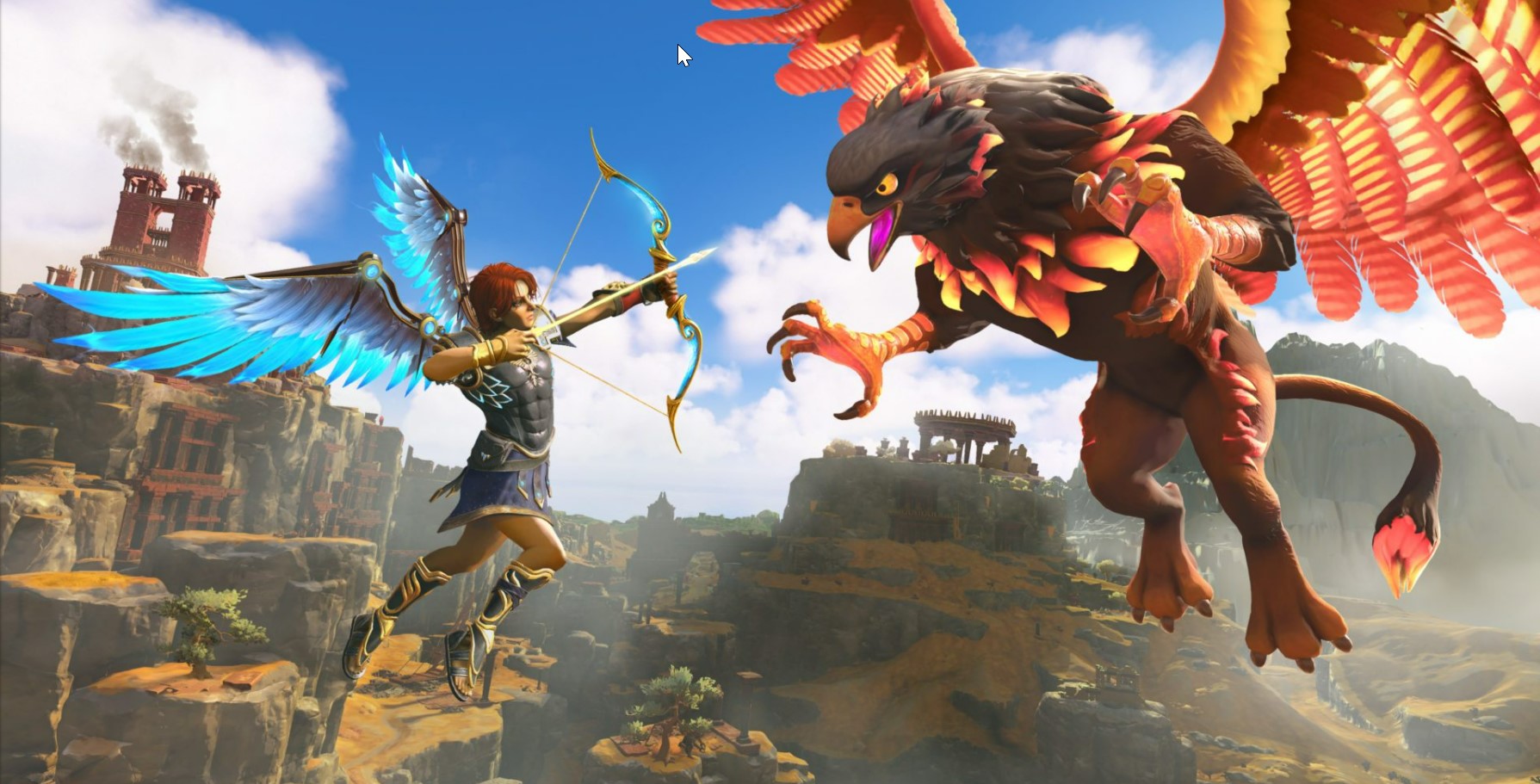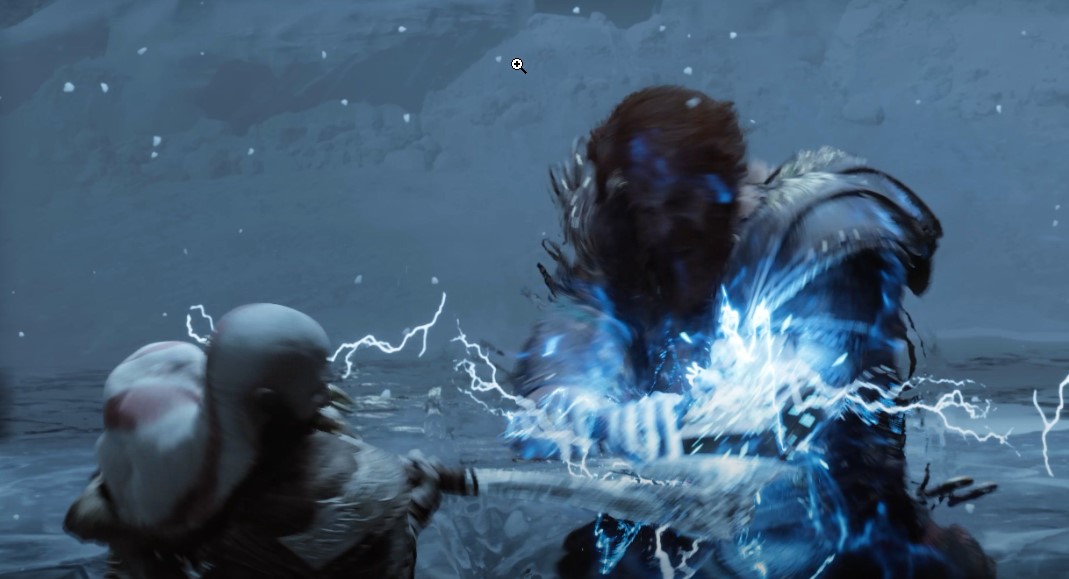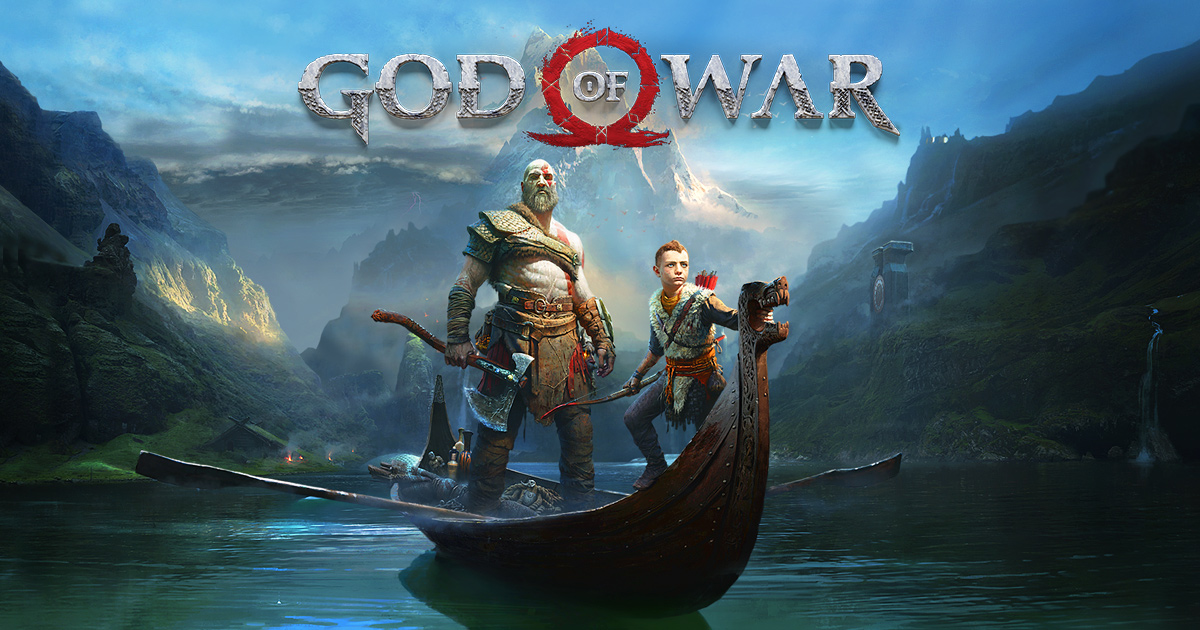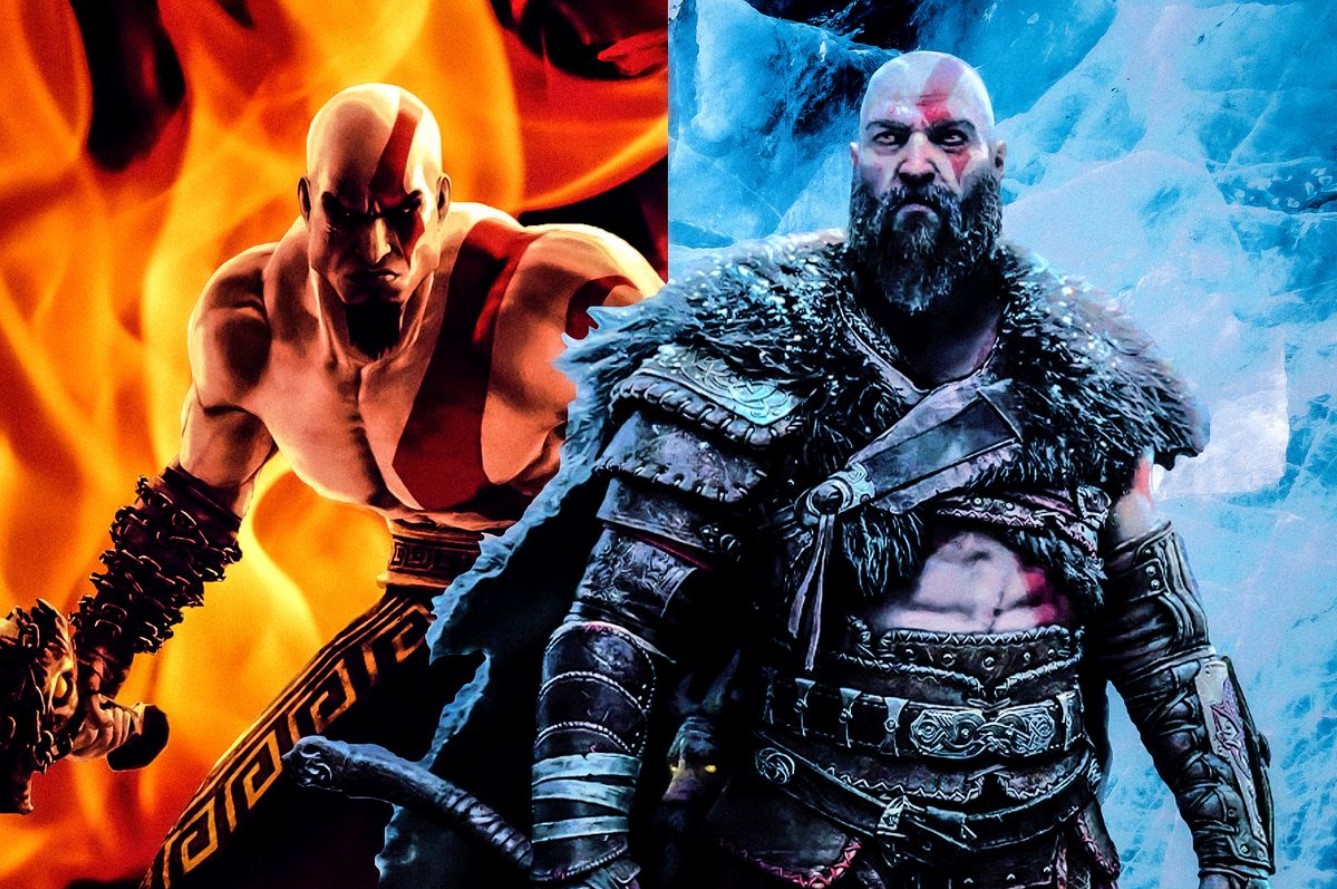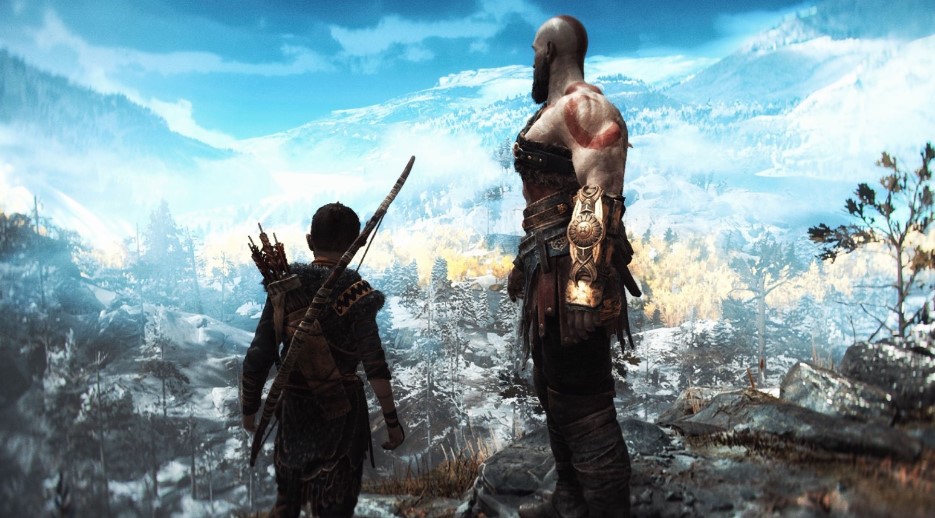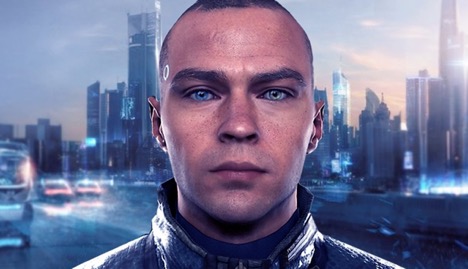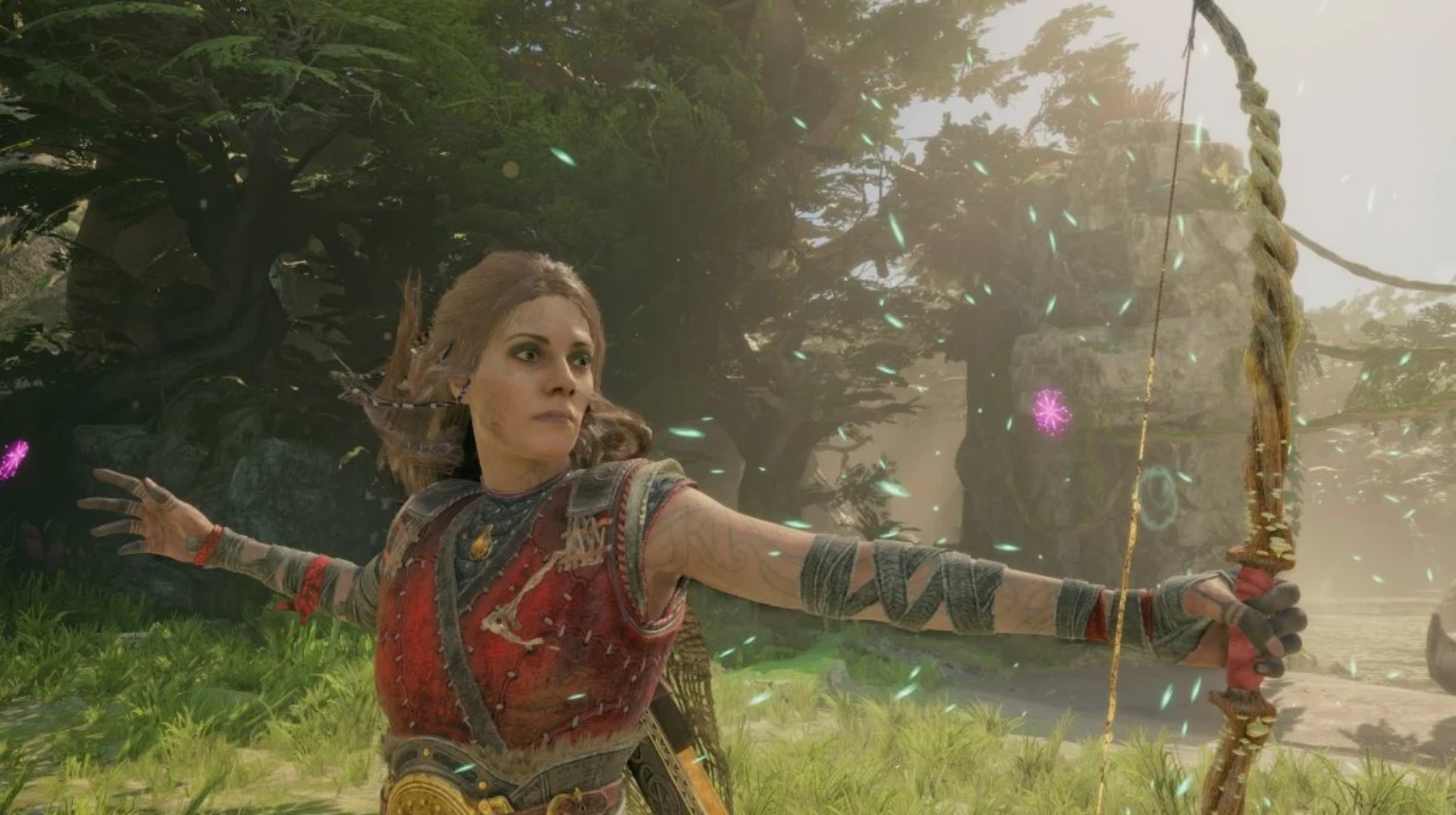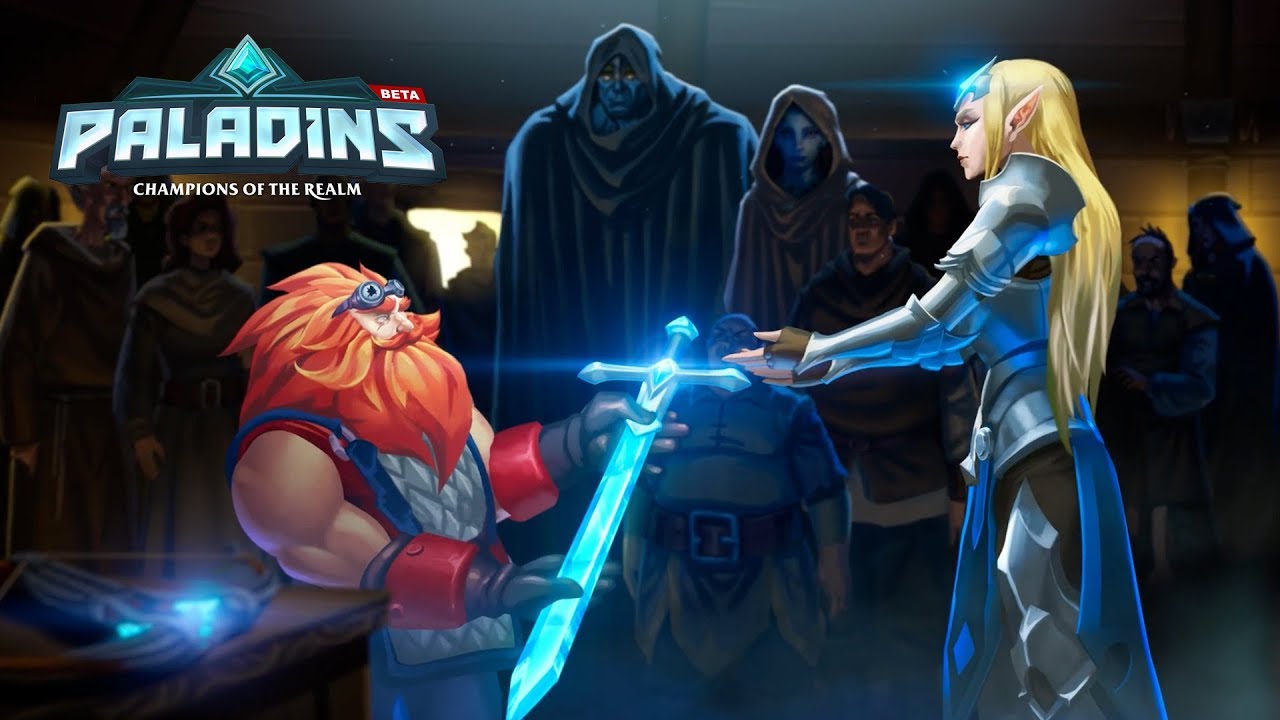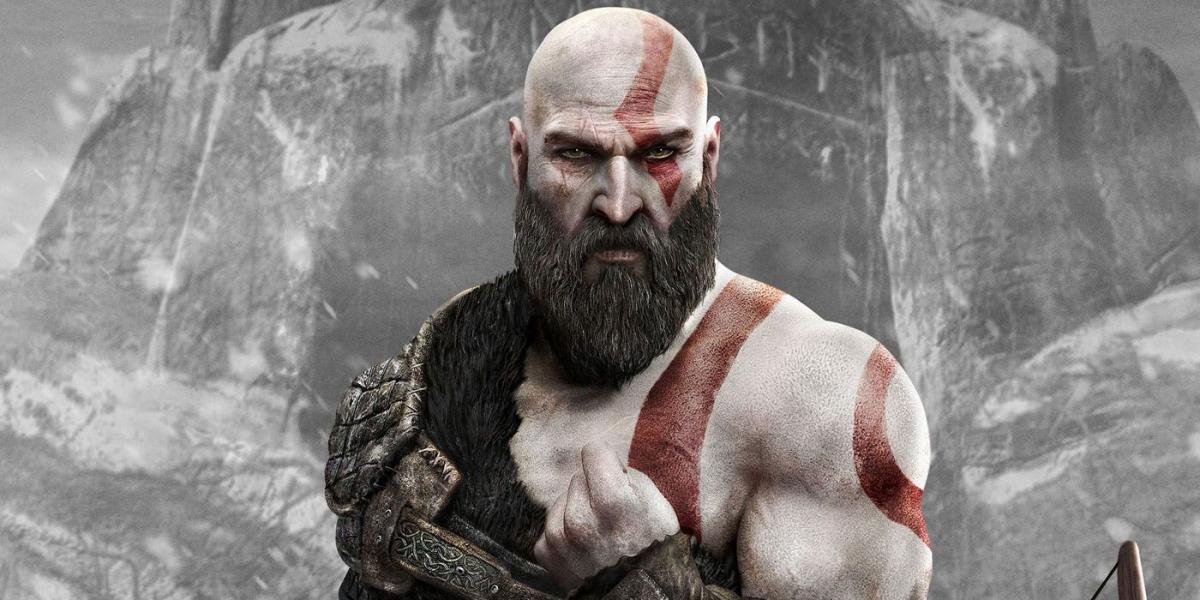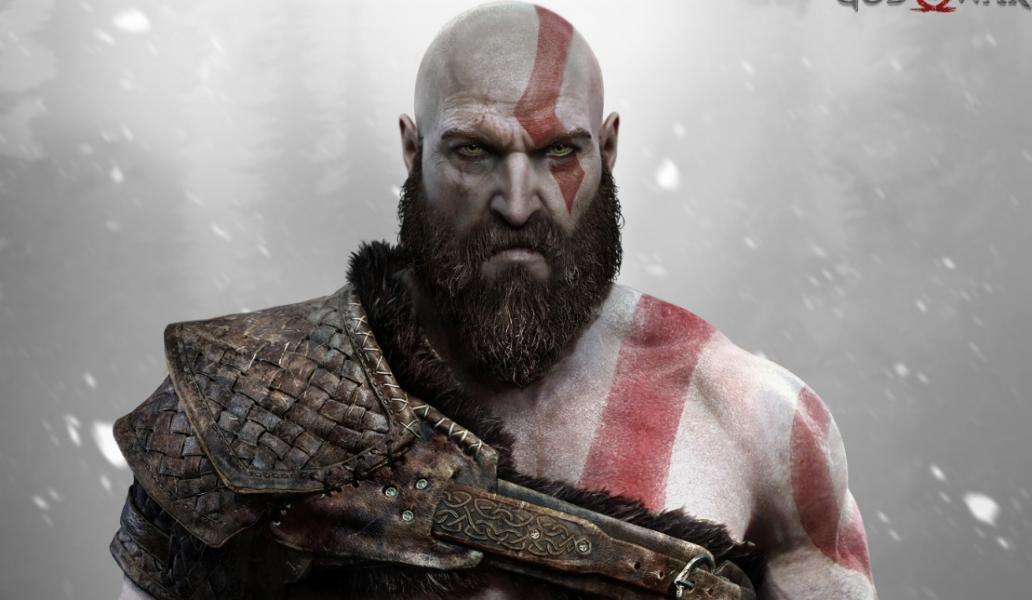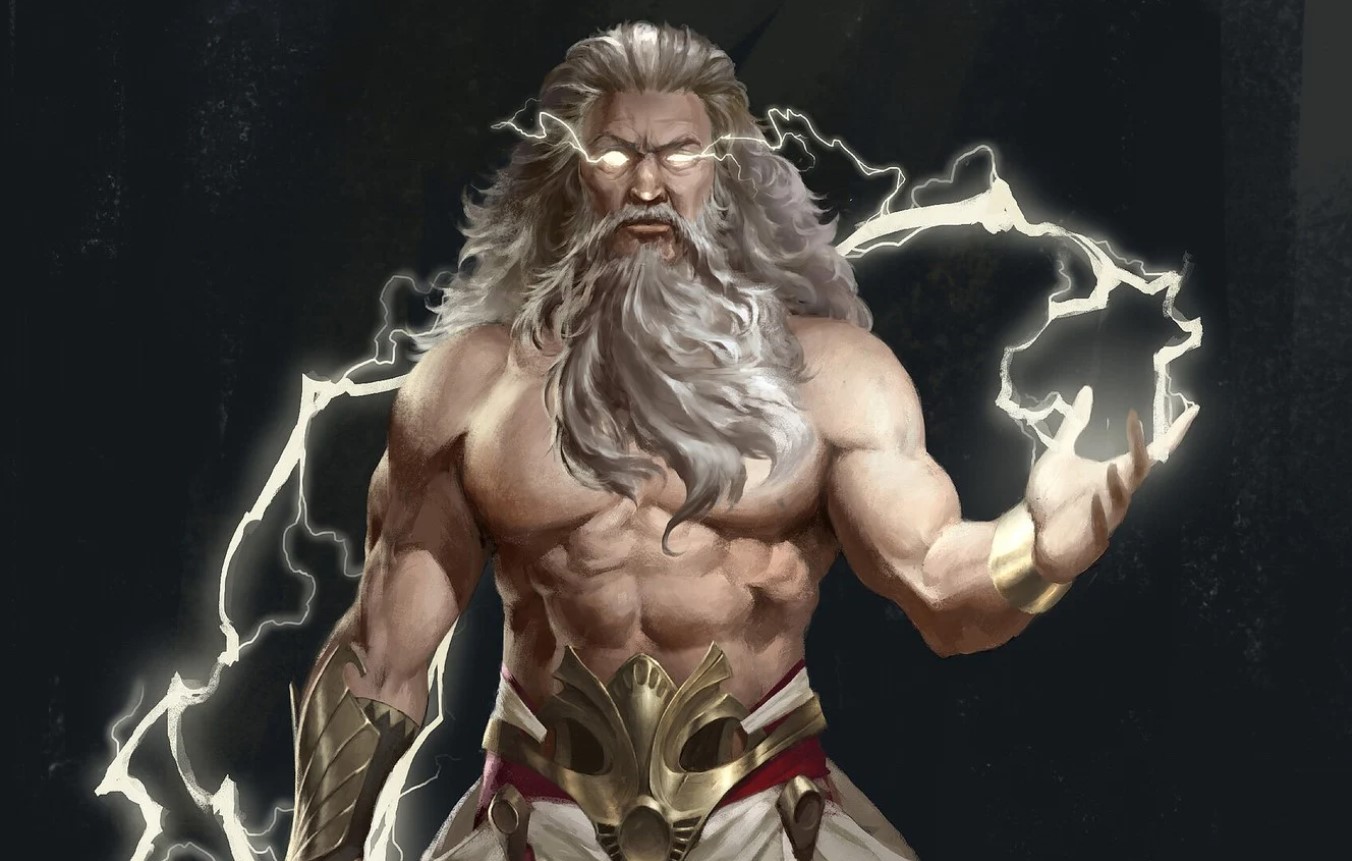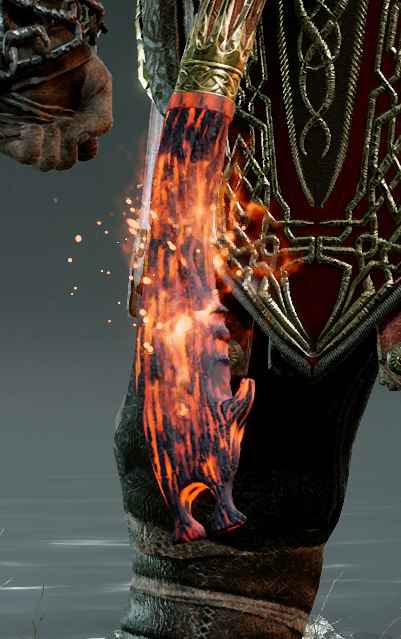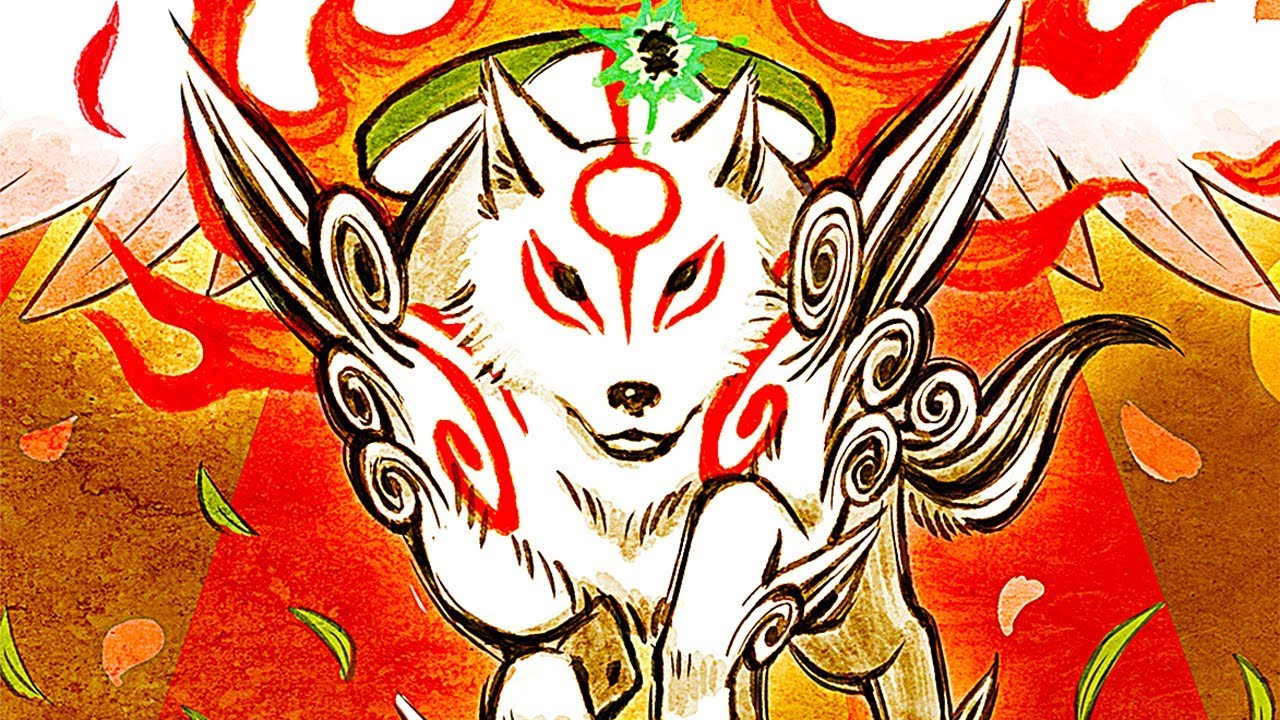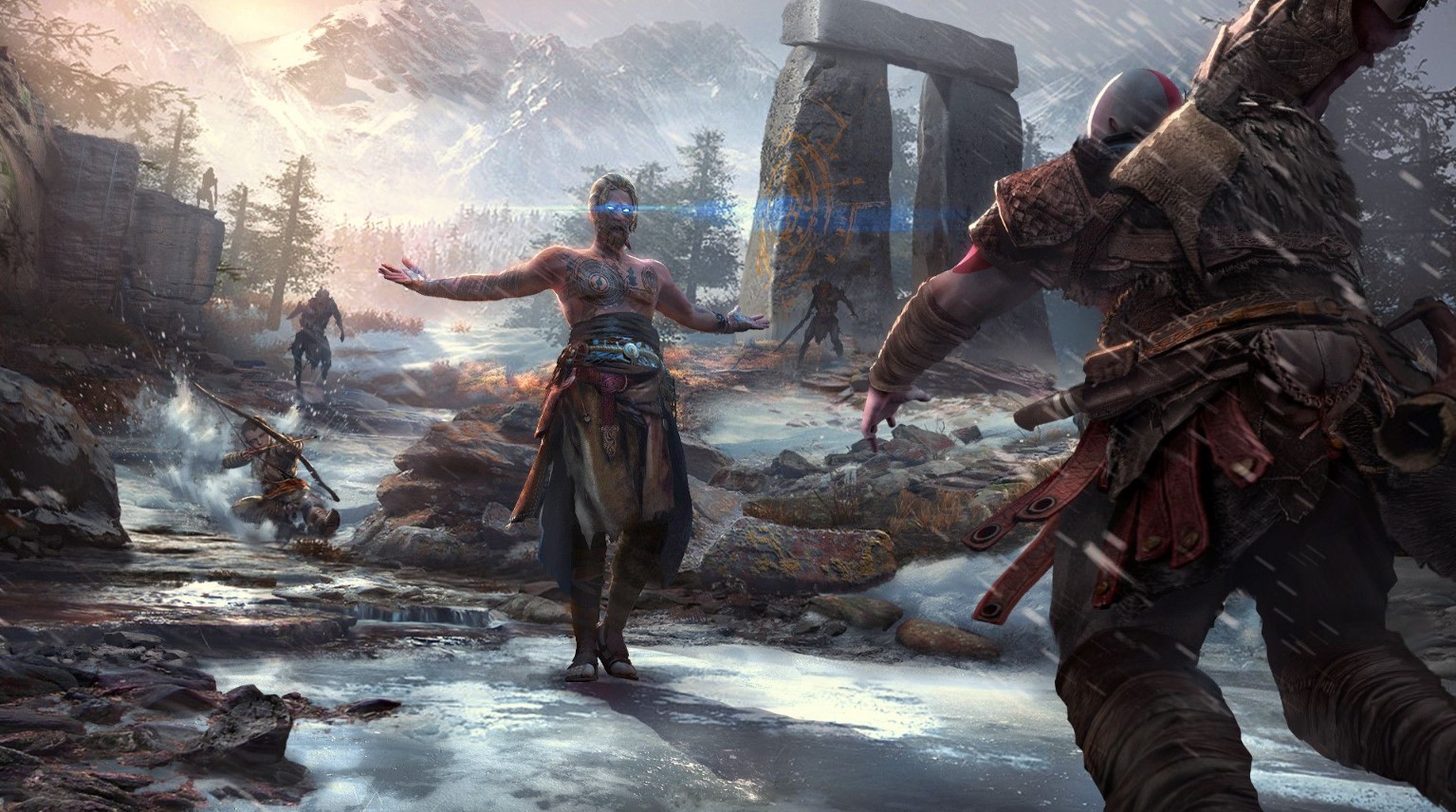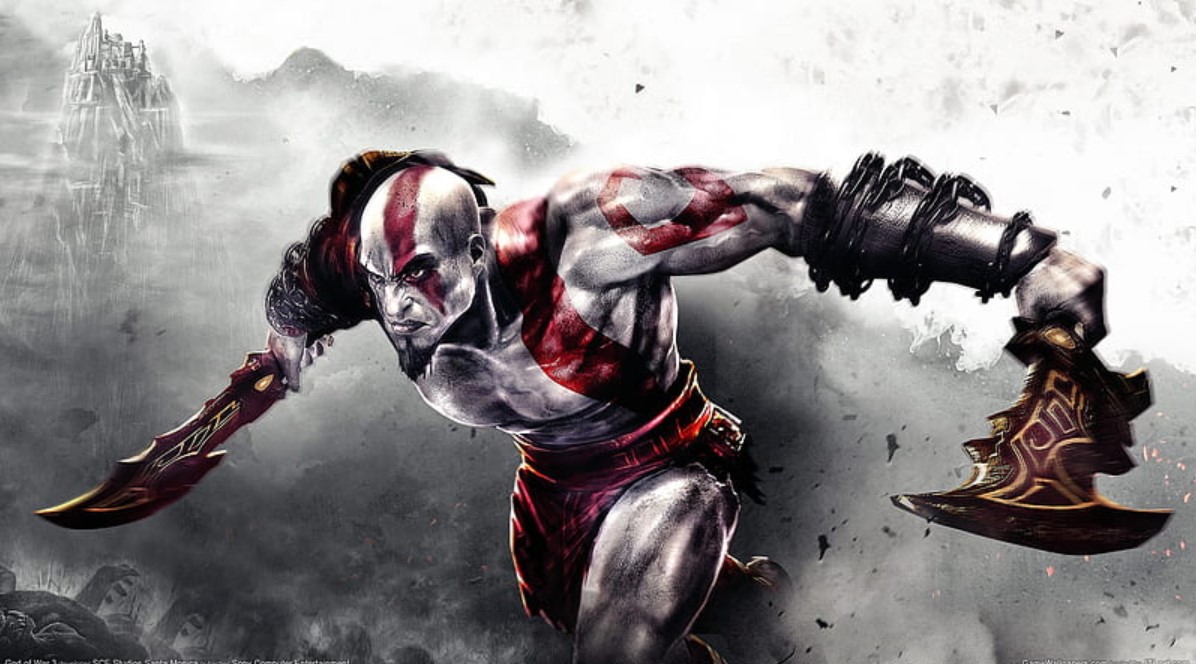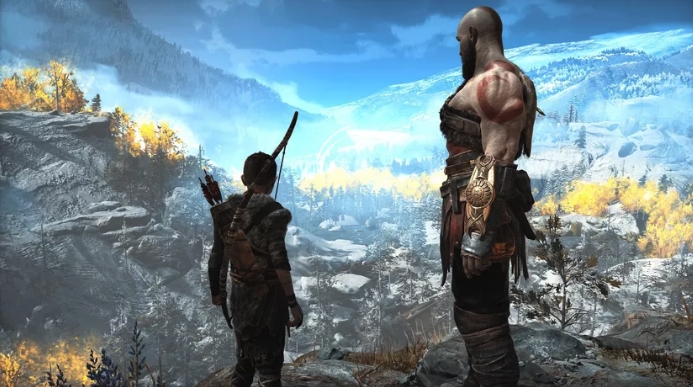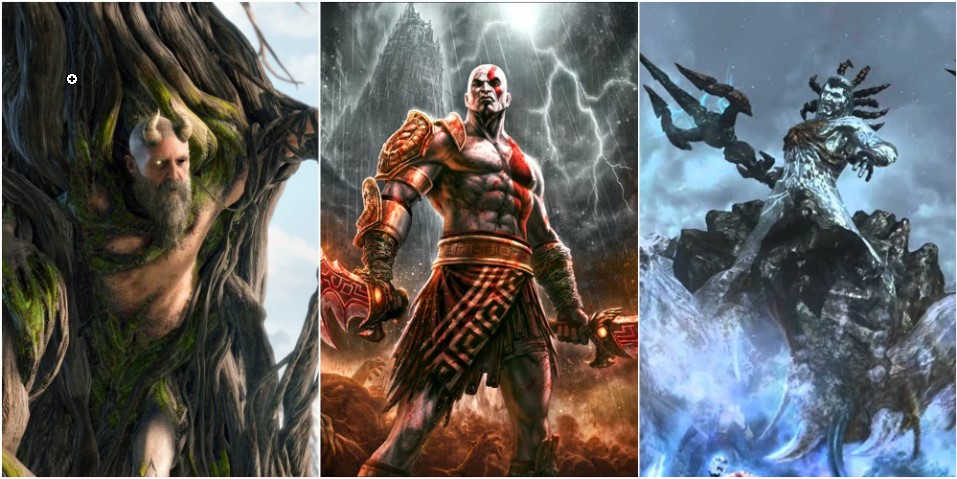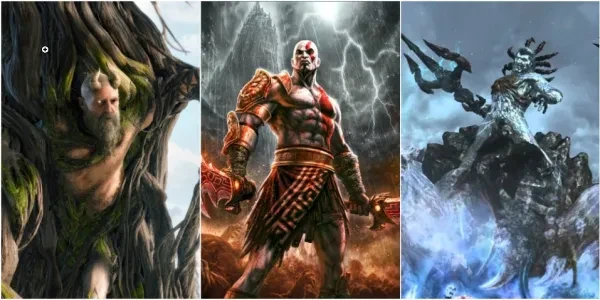
The story behind the God of War games is perhaps one of the longest-running epic adventures based on one man’s quest for vengeance. At the beginning of the story, Kratos is a simple man – although it is revealed later in the series that he is actually a demigod – with a talent for battle that piques the interest of the gods. As the series progresses, however, he grows bitter with resentment and hatred towards the gods, which ultimately leads him to violently destroy them one by one.
While his story begins with bloodlust and revenge, not all of his kills were motivated by hatred. Some killings were carried out under the orders of other gods: others were because he took pity on tortured souls: and some were simply because he did not care whether they lived or died.
When the games are played in the order of release, Kratos can come across as rather heartless in some cases. However, when viewed as a whole story from beginning to end in chronological order (as we will explore below), his motivations become a bit more clear.
The Motivation Behind The Violence: Why Kratos Hates The Gods
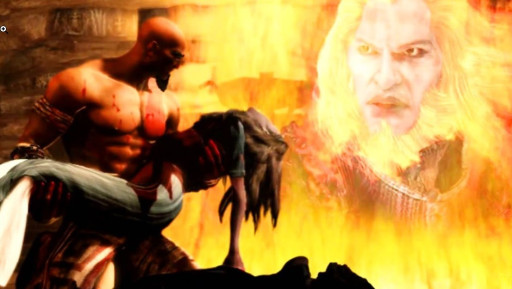
Kratos doesn’t begin his story on a mission to eradicate all the gods from Mount Olympus. In fact, there are some gods with whom he initially had a very good relationship with, such as Athena.
When it comes down to it, the main reason why Kratos ends up hunting down many of the gods is for revenge. In some cases, this is revenge for the wrongs done to his family: in others, it is revenge for lying to him and attempting to control him for their own selfish desires.
In The Beginning
In the early stages of the story, we find out that Kratos had sold himself into service to Ares in order to gain the power he needed to defeat the barbarians that were threatening his home.
While he was bound in servitude to Ares, the god tricked him into killing his own family in an attempt to sever his human ties forever.
The trick backfired, and Kratos rebelled against Ares, who then used the fates to imprison him. This led to his first kills, which were enacted out of self-preservation to escape his imprisonment and find a way to kill the god who had betrayed him.
Continued Torment And Betrayal
As time goes on, Kratos is haunted by visions of his family and the deaths that he caused. He begs the other gods to relieve him of these visions and grant him peace.
In turn, the gods use him for their own purposes only to tell him the visions can never be removed.
An Epic Twist Of Fate
As if the countless betrayals were not enough, in The Ghost of Sparta and God of War III, Kratos learns that the gods’ betrayals ran much deeper than he thought.
Zeus forces Kratos to kill his own mother but not before she reveals that his brother is still alive, taken by the gods years before.
As he journeys to learn the truth of his family’s past, the gods continually get in his way. Once it is revealed that Kratos is destined to destroy Olympus.
In an attempt to prevent this prophecy from coming true, Zeus tries to kill Kratos, which ultimately leads to his destruction.
Renewed Tragedy
Kratos experiences a period of peace after his adventures in Greece, during which he marries a new wife and bears a son. Upon her death, he is attacked by a Norse god, Baldur.
During this segment of the series, the hatred Kratos once had is no longer the motivation: rather, he spends most of the first installment of the Norse segment trying to spread his wife’s remains at the top of the mountain.
Finally, in God of War Ragnarok, he gets swept up in the drama of the other gods because of his son and the long-foretold prophecy of the end of the world.
To better understand how the motivations evolved over the years, let’s take a look at each killing from earliest (chronologically) to most recent.
Note: this includes the most recent games, including spoilers to God of War: Ragnarok.
The Furies (God of War: Ascension)
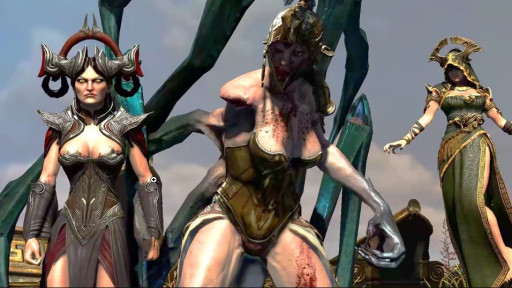
Shortly after Kratos is tricked into killing his family by Ares, he renounces his blood oath to the god. As a result, he is imprisoned by the Furies, condemned to be tortured for eternity.
However, he has haunting visions of his family, which he believes to be mind tricks that the furies are playing as part of his torture.
In a quest to escape the prison and relieve himself from the visions, he breaks free of his chains and kills each of the three furies along the way.
Charon (God of War: Chains of Olympus)
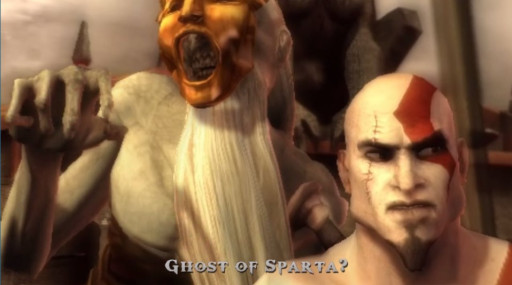
Kratos meets Charon, the ferryman of the underworld, after being sent to the underworld (for the first time chronologically). He is on a mission in service to the gods to stop Morphius from taking over Olympus.
Charon refuses to help Kratos because he is a mortal, and ultimately Kratos kills him because he is preventing him from completing his quest. The quest, in general, is motivated again by his desire to rid himself of his visions.
Persephone (Cod of War: Chains of Olympus)
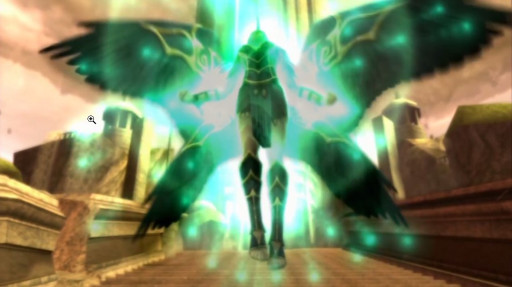
While the battle with Persephone is rather difficult, this is actually one of his first mercy killings. We find out that Persephone, queen of the underworld, was behind the terrors of Olympus that were impacting the world as well.
She wants to die because she is a slave wife to Hades, and she doesn’t care if she takes the whole world with her in the process. Kratos helps her find peace, saving the world in the process.
Ares (God of War)
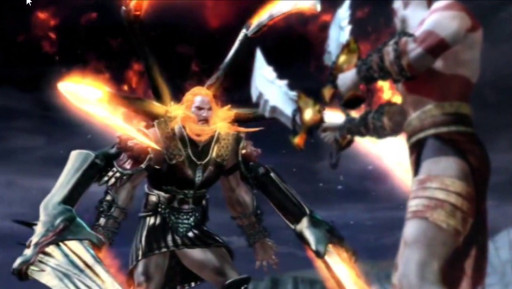
Ares is the first god that Kratos kills in the original release of the game because he is the most notable influence in Kratos’s story. He was the reason Kratos’s family was dead.
The other gods help Kratos obtain the powers necessary to defeat Ares, who has grown too powerful and is trying to take over Olympus. They promise Kratos that they will remove his burden of guilt if they help them. He eagerly agrees with the intent of killing two birds with one stone: revenge and absolution.
Thanatos (God of War: Ghost of Sparta)
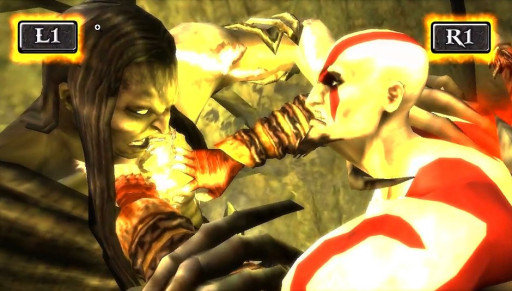
During the Ghost of Sparta game, Kratos’s motivations divert away from his wife and daughter and focus on his much more distant past. We find out that his brother was taken by the gods in his childhood because of the odd birthmark he had. They believed that a “marked warrior” would destroy Olympus.
Kratos had this birthmark tattooed on himself. He also carries a scar over his eye from Ares and is marked by the ashes of his wife and child. Not to mention the Blades of Chaos, which are fused to his skin.
Thanatos, the personification of death, puts all the pieces together and tries to kill Kratos to prevent him from destroying Olympus. Ultimately, this is another killing that happens simply out of self-preservation.
Clotho (God of War II)
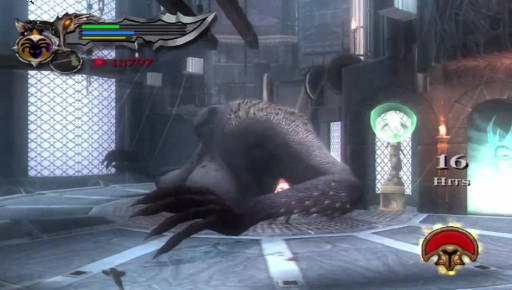
Clotho is the youngest of the fates, or Morai in Greek mythology. In God of War II Kratos is on a mission to change his fate after Zeusattempted to kill him and remove his godhood.
Clotho tries to stop Kratos from messing with fate, leading him to kill her as a means to an end. Again, this game is mostly fueled by Kratos’s sense of self-preservation and desire to learn the truth of the many manipulations from the gods throughout his life.
Athena (God of War II)
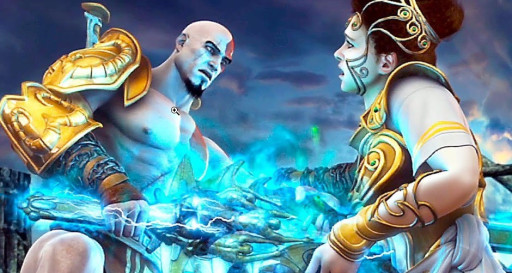
Technically, Kratos doesn’t kill Athena. Instead, she takes his blade and stabs herself in an attempt to save Olympus.
At this point, we learn that Kratos has been betrayed by Zeus both in the past and in the present. He was on a mission to kill Zeus when Athena stepped in, because destroying Zeus would destroy Olympus.
Poseidon (God of War III)
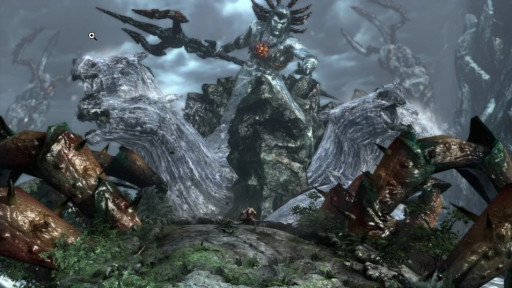
Poseidon is the first god that Kratos takes on in God of War III who has taken Zeus’s side, and even though he clearly opposes his rule, he fears the destruction of Olympus even more.
Poseidon believes that the destruction of Olympus will also destroy the world. Kratos kills him to get him out of the way on his mission to kill Zeus.
Hades (God of War III)
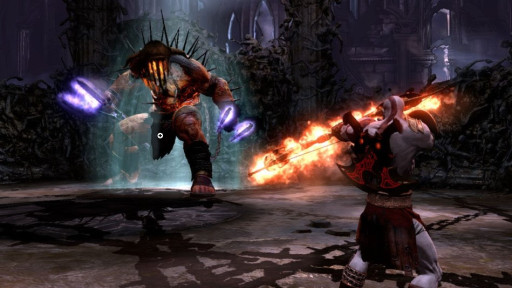
At this point in the story, Kratos has actually been killed several times, always with unfinished business. He finds himself in the underworld again and in need of escape. This time, he is confronted by Hades himself, who fails to keep him there.
Hades has other motivations, such as revenge for the deaths of his wife Persephone and his niece Athena. Yet again, this death has quite a bit of backstory throughout the games but really ends up being the result of self-preservation.
Helios (God of War III)
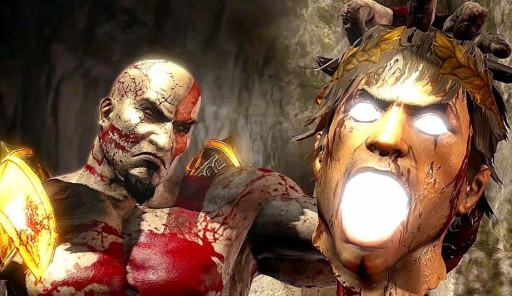
Helios, the sun god, has knowledge that Kratos needs in order to defeat Zeus. Just like Poseidon, he attempts to stop Kratos from destroying Olympus. This opposition results in Helios’s demise and Kratos obtaining the power of the sun.
Hermes (God of War III)
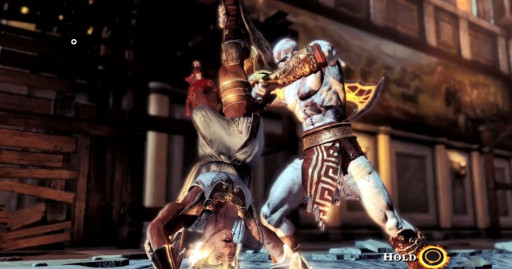
With the death of Hermes, the story of the game begins to get repetitive, as this is, yet again, a death that only happens because the god tries to hinder Kratos’s progress toward’s Zeus. The death does benefit Kratos, however, rewarding him with the boots of Hermes, which grant him speed.
Hephaestus (God of War II)
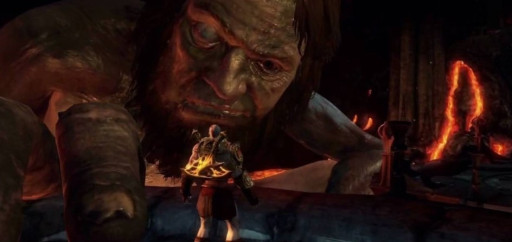
Throughout most of the games, Hephestus is actually very helpful to Kratos, providing him with weapons and information. In God of War 3, he sends him after the Titan Cronos, which nearly gets him killed.
When Kratos confronts Hephestus about the mission, Hephestus says that he knew Kratos would be victorious. He then attacks Kratos, pleading for Pandora’s life.
Kratos knows that Pandora is essential to his plan. He kills Hephestus out of self-preservation and seems to bear no hatred toward the god for his betrayal.
Hera (God of War III)
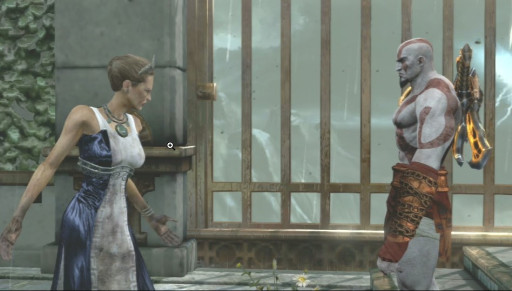
Hera is notorious for her jealousy when it comes to Zeus. Even under the threat of losing her husband for good, she can’t let go of his transgressions.
When she meets Kratos during his journey to kill Zeus, she calls Pandora Zeus’ whore. This angers Kratos, who then kills her out of rage and distaste for her personality.
Zeus (God of War III)
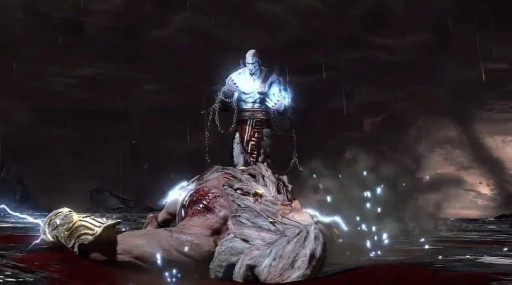
Finally, after battling through the ranks of Olympus and many needless deaths, Kratos faces his greatest foe: Zeus. The history between Kratos and Zeus is long and tragic, but it also explains the fundamental motivations behind Kratos’s rage.
We find out along the way that Zeus is Kratos’s father, but that didn’t stop him from attempting to destroy his family in order to avoid the prophecy of the end of Olympus. Later, Zeus promises to relieve Kratos of his visions, then recants the promise.
Consumed by fear as a result of unleashing the contents of Pandora’s Box, Zeus then kills Kratos simply because he would not swear fealty to him. For good measure, he also destroyed Sparta, Kratos’s home.
Zeus continues to taunt Kratos as he attempts to right the wrongs of the past, promising to torment him forever and continually sending gods and monsters to stop Kratos from achieving his goals.
Finally, in a final epic battle, Kratos defeats Zeus and finds his long-awaited rest.
Mimir (God of War 2018)
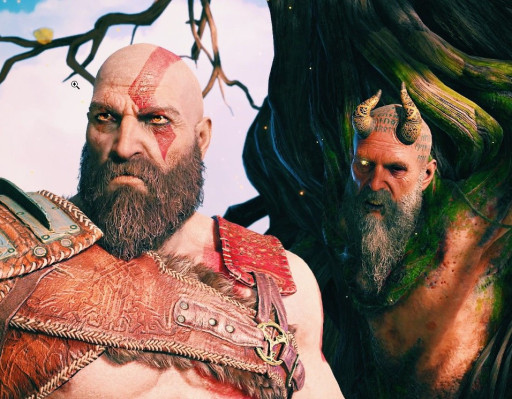
The new rendition of God of War, which focuses on Norse mythology, sees a lot less resentment and hatred than in earlier renditions. In the first death of the series, Kratos beheads Mimir, the god of knowledge, because he is imprisoned in a tree for eternity.
Later, he has the head reanimated so that he can use his knowledge of the Norse gods to his advantage along his journey.
Magni (God of War 2018)
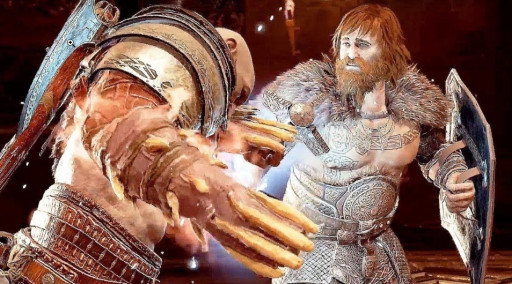
Magni is one of Thor’s sons who is under orders from Odin to kill Kratos. At this point in the story, Kratos doesn’t really know (or, at least, doesn’t share) the reason behind this.
This is yet another death that is simply due to self-preservation. Not to mention, this time, Kratos has a living son to stay alive for and protect.
Modi (God of War 2018)
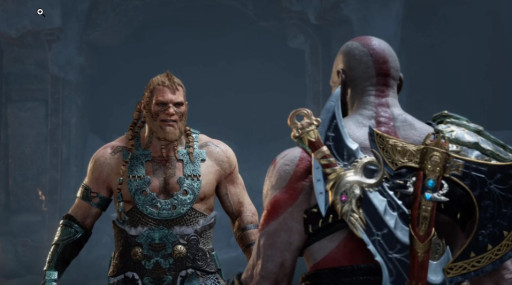
Technically, Kratos doesn’t kill Modi. Instead, his son Atreus does. Modi tries several times to kill Kratos in revenge for his brother, however, he fails miserably. Kratos sees no reason to kill the broken shell of a god.
Atreus, overwhelmed with emotion after losing his mother, immediately being attacked by gods, and finding out that he is a god himself, disagrees with Kratos. In his anger, he stabs Modi and drops him into the Abyss.
Baldur (God of War 2018)
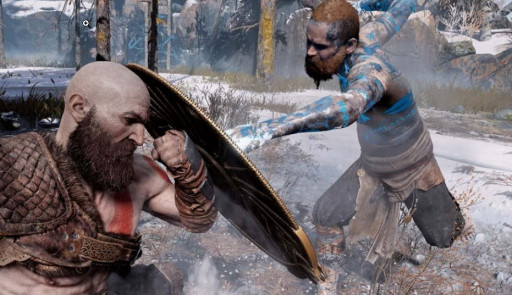
Baldur is the main antagonist of the 2018 rendition of the game. Throughout the game, Baldur attacks Kratos because he believes that he is someone called the Guardian, whom he is destined to kill.
Baldur is mentally unstable because his mother predicted his death and cast a protection spell on him, which took away his ability to get hurt. However, it also took away his ability to feel anything
He relentlessly hunts down Kratos until finally meeting his end in a final battle against the old God of War.
Heimdall (God of War Ragnarok)
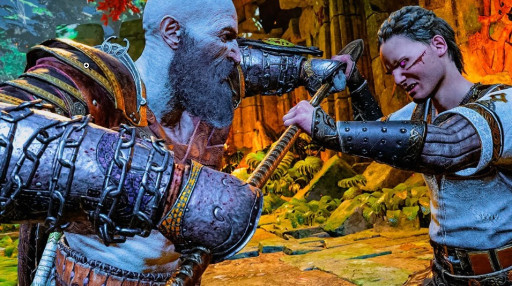
In God of War: Ragnarok, the Norse gods refuse to stop their attacks on Kratos and his son. They believe that they will have a part in Ragnarok, which is meant to be the end of the world and the gods themselves.
Heimdall has the power to see the future, and as such, he believes that he will be able to kill Kratos, prevent Ragnarok, and appease Odin. In the end, his threats to kill Atreus are what lead Kratos to be blinded by rage and finally kill the god of foresight.
Odin (God of War Ragnarok)
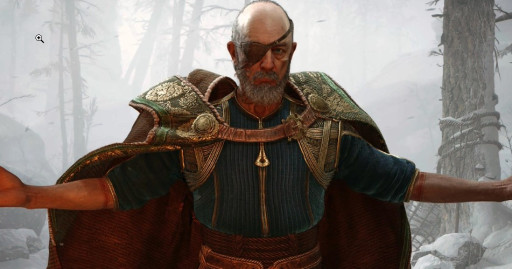
Throughout most of the game, players are led to believe that Kratos will kill Thor in the end. However, there are many events that Odin has set in motion in the background of things.
During the battle with Thor, Kratos convinces Thor not to continue fighting. Odin shows up demanding that Thor finish the job; however, he refuses. In response, Odin kills Thor himself and attacks his wife.
After Kratos bests Odin in battle, he promises to never stop until he knows everything that happens in the future. Atreus, Kratos, and Freya agree to keep Odin’s soul trapped forever.
In a twist of events, Sindri appears out of nowhere and destroys Odin’s soul out of revenge for the death of his brother Brok.
Conclusion
Ultimately, the reasoning behind Krato’s hatred for the gods and mission to kill them all can be boiled down to a few key motivations: revenge, self-preservation, and mercy.
In general, Kratos was always more of an antihero than a hero, never caring about the people of the world or what impact his conflict with the gods had on them. However, in the end, the studio did a pretty good job of creating an emotional connection between Kratos and the players that can only be fully experienced by playing through the series.
Other Mythological Creatures and Characters Killed By Kratos (Chronologically)
- Herodius
- Pothia
- Cereyon
- Alrik
- Lysandra
- Calliope
- Castor
- Pollux
- Aletheia
- Aegaeon
- Orkos
- Persian King
- Basilisk
- Hydra King
- Hydras
- Medusa
- Pandora’s Guardian
- Giant Arachnid
- Gyges
- Callisto
- Scylla
- Erinys
- Dissenter
- Colossus of Rhodes
- Dark Rider
- Theseus
- Barbarian Captain
- Euryale
- Perseus
- Icarus
- Last Spartan
- Kraken
- Peirithous
- Hercules
- Poseidon’s Princess
- Cronos
- Daedalus
- King Minos
- King Aeacus
- King Rhadamanthus
- Gaia
- Sigmund
- Gunther
- Valkyries
You may also be interested in:
What To Expect When God Of War Comes To Steam In January 2022
Doublelift Disappointed That God Of War Is Not Playable On PC


